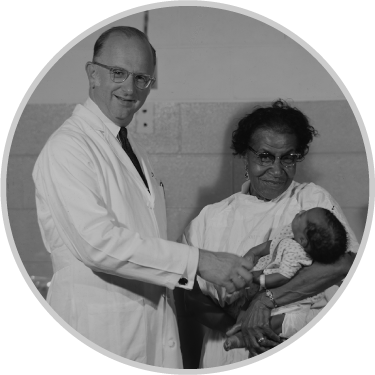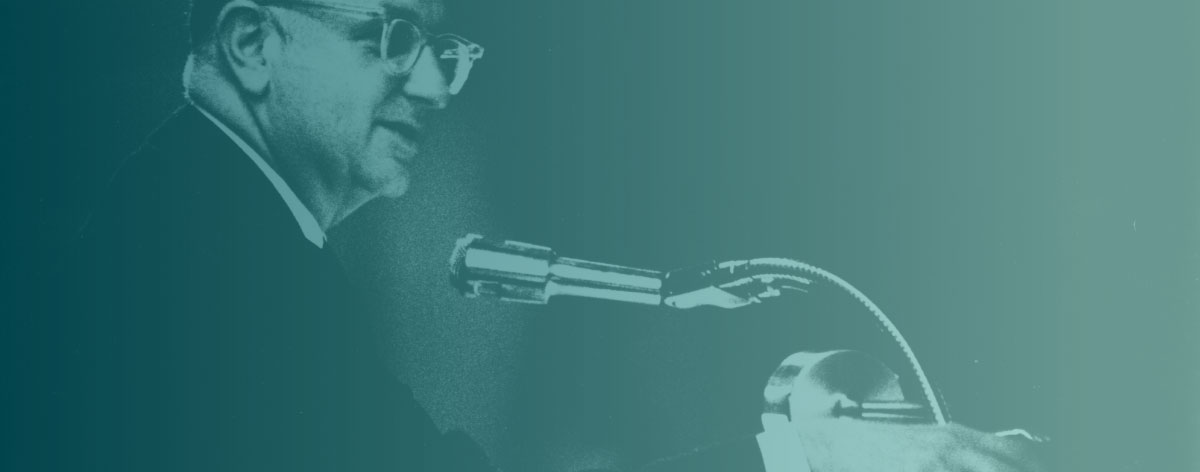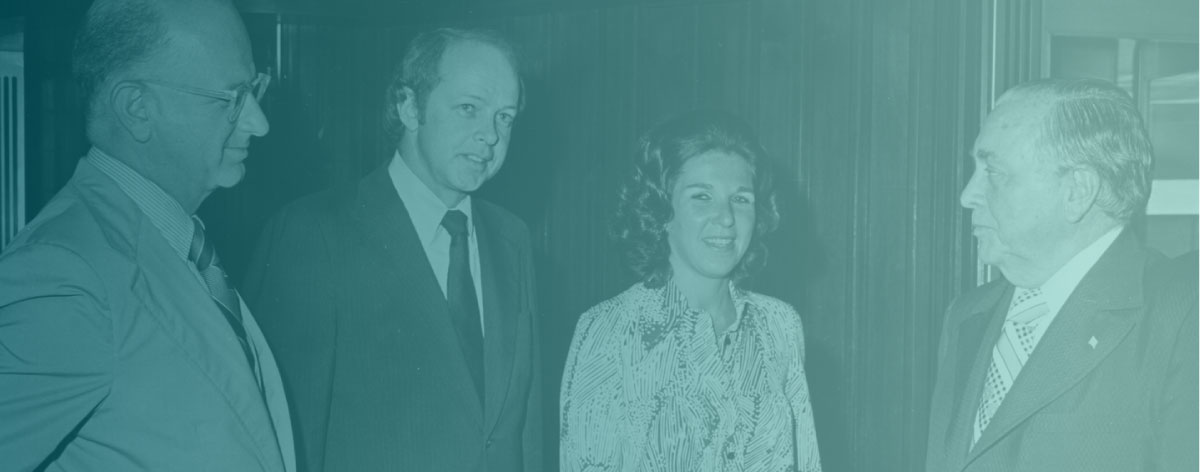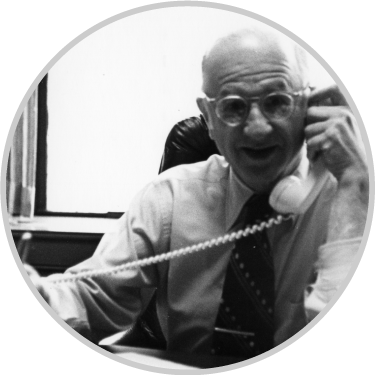

In 1952, he married Rita Remer. They had two daughters, Ruth and Sally.
He served in the U.S. Navy from January 1945-April 1946.
Dr. Mendelsohn interned at Cook County Hospital. He completed his pediatric residency at Michael Reese Hospital in 1955, where he continued to serve as an attending physician.
Dr. Mendelsohn was a practicing Jew, and he frequently contrasted his own faith, Judaism, which taught "choose life," with what he called the idolatrous religion of modern medicine, which valued "death with dignity."

From 1967 to 1969, Dr. Mendelsohn served as National Director of Project Head Start’s Medical Consultation Service. As reported in the New York Times on March 24, 1969, he was forced to resign his Head Start position after he criticized the nation’s public school system.
Dr. Mendelsohn often recalled the incident of his being fired with amusement, and even dedicated his first book, Confessions of a Medical Heretic, “to all who gave me career opportunities which led to my present thinking, and to all who denied me opportunities which I mistakenly thought I wanted (p. viii).”
A longtime supporter of the volunteer breastfeeding support organization, La Leche League International, he served on its Medical Advisory Board and spoke frequently at its conferences.
Dr. Mendelsohn served on boards and committees including the Maimonides Award Committee, the boards of the College of Jewish Studies and the Jewish Home for the Aged-BMZ in Chicago, and the National Health Federation (where he served as honorary president from 1981-1982). From the National Nutritional Foods Association, he received the Rachel Carson Memorial Award for his “concerns for the protection of the American consumer and health freedoms.”
In the late 1960s, my patients returned to me with diseases that I had previously created. The first group had cancer of the thyroid gland, because, when I was trained as a pediatric resident, we all used X-ray therapy to treat tonsillitis. This led to tens of thousands of cases of thyroid cancer.
Another group of patients had permanently yellow-green stained teeth from tetracycline given for the treatment of acne.
And when I was a medical student at the University of Chicago, I participated in experiments where we gave women the female sex hormone diethylstilbestrol (DES) to prevent miscarriages. DES didn’t prevent miscarriages, but it created a generation of sons and daughters with tumors and malformations of the reproductive organs...
When I first noticed these connections, I thought perhaps that was all past history. Doctors must have learned from their mistakes…
But, when I look today at diagnostic ultrasound, immunizations, environmental pollution, amniocentesis, hospital deliveries, allergy treatment, and practically everything else in medicine, it is obvious that doctors haven’t changed at all. They are simply making a different, new set of mistakes. 
(Dissent in Medicine, page 8)

In 1977, he published the first issue of his monthly newsletter, “The People's Doctor,” a spinoff of the column. Both the column and the newsletter, edited by Vera Chatz, continued to appear for 12 years.
The newsletter at its height had approximately 7,000 subscribers across the United States, Canada and Europe. Each issue included a column written by Marian Tompson, founding President of La Leche League International.
After the success of his columns, newsletter, and books, Dr. Mendelsohn became a sought-after speaker. He appeared on television, including appearances on the Phil Donahue and Joan Rivers shows. He also appeared on radio and at conferences around the world.
Mental Retardation, A Handbook for the Primary Physician, edited by Julius B. Richmond, M.D., George Tarjan, M.D., and Robert S. Mendelsohn, M.D., published by the American Medical Association, Chicago 1965
Confessions of a Medical Heretic, published by Contemporary Books, Inc., Chicago 1979
Male Practice: How Doctors Manipulate Women, published by Contemporary Books, Inc., Chicago 1981
How to Raise a Healthy Child…In Spite of Your Doctor, published by Contemporary Books, Inc., Chicago 1984
Dissent in Medicine…Nine Doctors Speak Out, published by Contemporary Books, Inc., Chicago 1985
But Doctor, About That Shot: The Risks of Immunizations and How to Avoid Them, by Robert S. Mendelsohn, M.D., edited by Vera Chatz, published by The People's Doctor, Inc., Chicago 1988

1953-1955 |
Resident, Michael Reese Hospital, Department of Pediatrics |
1954-1958 |
Consultant Pediatrician,Will County Health Department, Crete, Illinois |
1967-1969 |
National Director, Head Start Medical Consultation Program/American Academy of Pediatrics |
1971-1973 |
Director of Ambulatory Pediatric Services at the Michael Reese Hospital and Medical Center, Chicago |
1974 |
Assistant to the executive vice president and CEO of Michael Reese Hospital, and later Director of Development |
1976 |
Chairman of the Medical Licensure Committee, State of Illinois |
1978-1979 |
Director of the American International Hospital in Zion |
1955-1988 |
Private practice with attending staff privileges, Michael Reese Hospital Department of Pediatrics |

1954-1964 |
Instructor in Pediatrics at Northwestern University’s School of Medicine |
1955-1956 |
Postgraduate work in Child Care, Chicago Institute for Psychoanalysis |
1968-1977 |
Lecturer, Erikson Institute for Early Childhood Education (Dept of Education, Loyola University, Chicago) |
1969-1971 |
Associate Professor and Director, Division of Community Pediatrics, University of Illinois College of Medicine |
1970 |
Presented by his students at the University of Illinois College of Medicine with the Raymond B. Allen Instructorship Award, known as the "Golden Apple Award", for excellence in teaching |